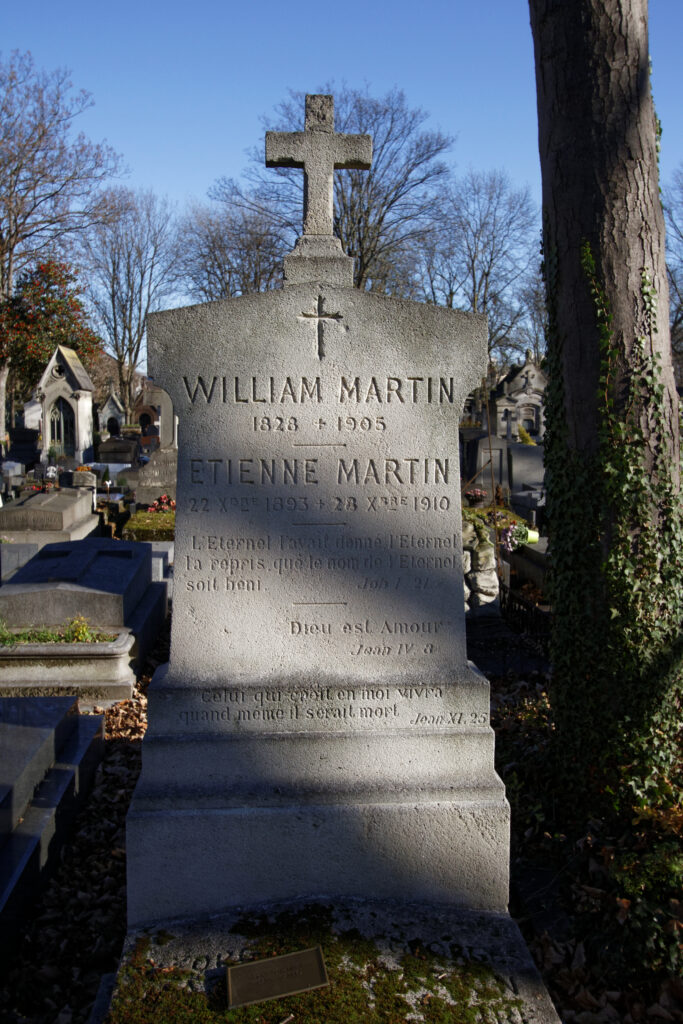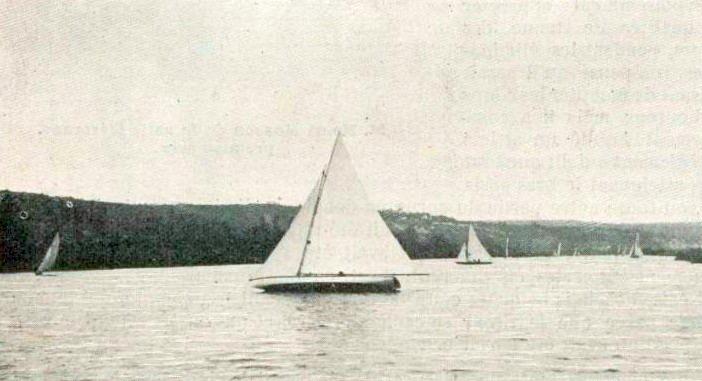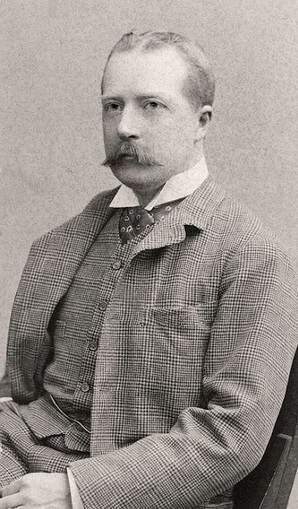We are still catching up on our blog posts here at Oldest Olympians, so today we wanted to post a quick answer to a simple question: who is the earliest-born Olympian? Since we are missing so much biographical information about the earliest editions of the Games, we cannot respond with absolute certainty, but we do think that we have a pretty strong candidate, even though he did not participate in the inaugural 1896 Athens Olympics.

(William Martin’s gravestone)
William Martin, born October 25, 1828, was the grandson of an English industrialist who moved to France to establish a foundry in Rouen. William studied engineering in England at a factory run by Sir William Fairbairn, but returned to Rouen to run the business until 1880, at which pointed he started his own concern, the Déville gas company, where he served as president until his death.

(Martin’s vessel, the Crabe II)
At the 1900 Paris Olympics, Martin competed in six sailing events and placed in what would today be considered the silver and bronze positions in the first and second ½-1 Ton races respectively (the scheme of gold, silver, and bronze medals for every Olympic event did not begin until 1904). He also took sixth and seventh in the 3-10 Ton races and failed to finish either of the open class events. He died February 25, 1905 in Paris at the age of 76. As far as we know, no Olympian, starter or otherwise, was born earlier.

(Selwin Calverley)
Martin was not, however, the first Olympian to die. That unfortunate distinction, to the best of our knowledge, goes to Selwin Calverley. Calverley also competed in sailing at the 1900 Paris Games and took second place in the 20+ Ton class. He died suddenly at the age of 45, on December 30, 1900, about four months after taking part the Olympics. Although several individuals who competed in 1900 died over the next few years, we know of no 1896 competitor who died prior to 1903.
As stated above, however, this information is somewhat tenuous due to all of the missing data on early Olympic competitors. The information that we do have is biased towards particular countries and especially towards medal winners, and thus it is very possible that new research will come to light that challenges these facts. For example, a J. Brassard represented France in masters foil and épée fencing at the 1900 Paris Games and was deceased by the end of the year. Unless he died on December 30 or 31, therefore, he would supplant Calverley as the first Olympian to die, although we simply do not have sufficient information to verify that for certain. For now, perhaps, the true answers to these questions will remain an Olympic mystery.